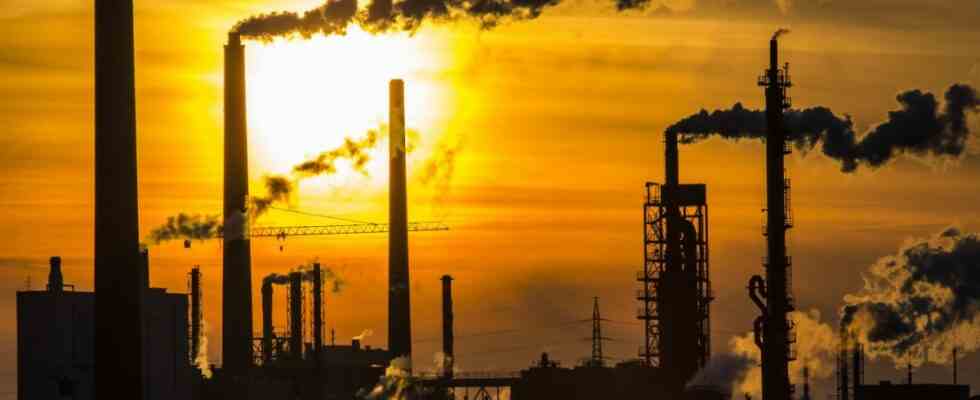Dutch MEP Mohammed Chahim is probably quite tired this Tuesday morning, but he is also proud: “After ten hours of non-stop negotiations, we have reached an historic agreement,” said the Social Democrat his press conference in the European Parliament in Strasbourg. The result of these tough talks is that the EU will gradually introduce an explosive climate tariff in the coming years. The system is intended to make imports from Asia, Africa or America more expensive if manufacturers there can emit greenhouse gases into the atmosphere without being asked to pay for them. This is intended to protect EU factories from unfair competition, as local companies often have to pay for their carbon emissions.
The commission presented the bill for this so-called carbon dioxide border adjustment mechanism a year and a half ago. On Tuesday morning at just before 5 a.m., representatives of the European Parliament led by Chahim and the Council of Ministers, the body of the member states, agreed on the final version of the legal act. However, they have had to leave open exactly when the system will fully come into effect because it is related to a related bill, the EU emissions trading reform. Parliament and the Council of Ministers want to agree on this next weekend. The Commission envisaged that the climate tariff, which is abbreviated to CBAM in English, would take effect from 2026.
The EU is a global pioneer with this levy – and Chahim says other regions of the world would hopefully set up similar systems in response. However, critics warn that an unpleasant reaction is also possible: the new tariff could trigger further trade disputes.
That’s what the mechanism is supposed to do proven emissions trading system add: In the EU, power plants and many industrial companies have had to be able to show carbon dioxide certificates since 2005 if they blow greenhouse gases into the atmosphere. These pollution rights are tradable; Emissions receive such a price. But because of the strict climate protection goals, the Commission is reducing the number of pollution rights. Their prices are rising – and with them the costs of local industry and the risk that manufacturers will not be able to keep up with cheaper imports or will relocate their plants outside the EU. The CBAM aims to counteract this. He requires importers to also buy carbon dioxide certificates for their imports and thus create fair competitive conditions.
The industry should forego their gifts
This obligation only does not apply if the producers in America or Asia have already paid adequately for their CO₂ emissions at home. Nothing will change for states that have set up their own comparable emissions trading system. But companies that are not asked to pay for their emissions of greenhouse gases at home must expect that the CBAM will make their exports to the EU more expensive in the future.
Initially, the tariff will only apply to goods that use a lot of energy to produce: cement, aluminum, fertilizer, iron and steel, and electricity. In addition, Parliament managed to add hydrogen to this list. All of this covers more than half of the greenhouse gas emissions from industry. From 2030 onwards, all goods whose production falls under the emissions trading system could even be included.
The free CO₂ certificates in this emissions trading system remain a point of contention. The industry has been given a certain amount of pollution allowances to better compete with rivals from countries without such a system. These gifts are to be phased out when the CBAM comes into force to avoid double protection. However, industry representatives are naturally critical of a quick end to the free certificates. Among other things, they point out that the CBAM protects against dirty, cheap imports into the EU, but not against European corporations being subjected to unfair competition in important export markets.
The EU Parliament wants the gifts to expire by 2032, the Council of Ministers only by 2036. This dispute is part of the reform of emissions trading; the two legislative chambers want to agree on this at the weekend. The talks will again be difficult and long.

